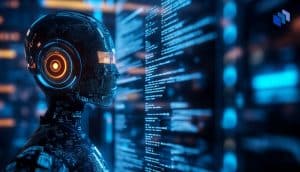What Does First Generation (Programming) Language Mean?
A first generation (programming) language (1GL) is a grouping of programming languages that are machine level languages used to program first-generation computers. The instructions were given through the front panel switches of these computers, directly to the CPU. There was originally no compiler or assembler to process the instructions in 1GL.
The instructions in 1GL are made of binary numbers, represented by 1s and 0s. This makes the language suitable for the understanding of the machine but very much more difficult to interpret and learn by the human programmer.
Also known as a 1st generation language.
Techopedia Explains First Generation (Programming) Language
The main advantage of programming in 1GL is that the code can run very fast and very efficiently, precisely because the instructions are executed directly by the CPU. One the main disadvantages of programming in a low level language is that when an error occurs, the code is not as easy to fix.
The program is written as binary instructions, consisting of zeros and ones. This language is very much adapted to a specific computer and CPU, and code portability is therefore significantly reduced in comparison to higher level languages.
Modern day programmers still occasionally use machine level code, especially when programming lower level functions of the system, such as drivers, interfaces with firmware and hardware devices. Modern tools, such as native-code compilers are used to produce machine level from a higher-level language.





